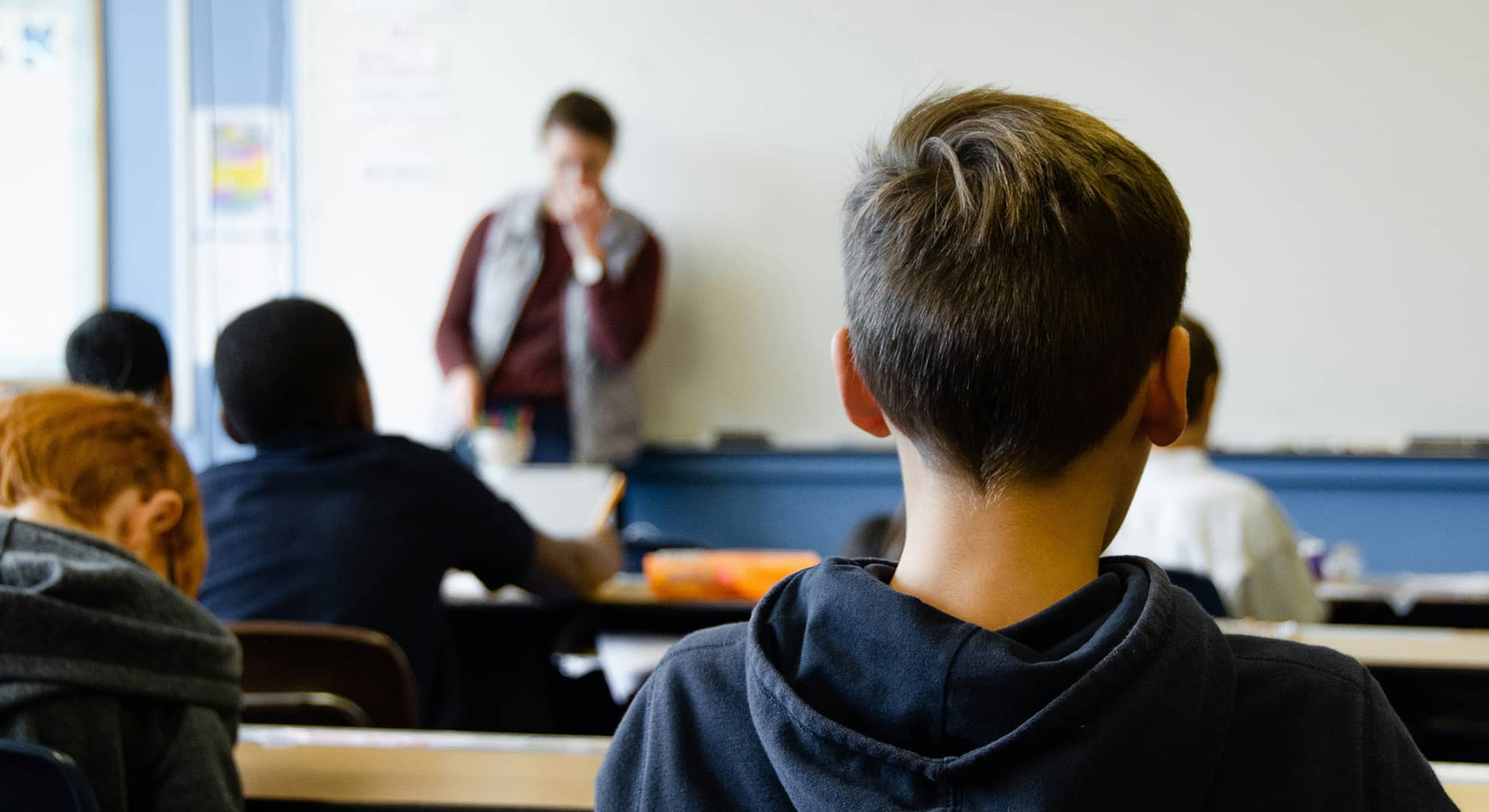Australian education experts have highlighted the inequities that exist in schools using 'class ability groupings' in a study led by researchers from Edith Cowan University (ECU).
The practice involves grouping students into separate classes according to their ability, which is known as 'streaming' in Australian schools and is also used in New Zealand, Canada, the United States, England, Ireland and Singapore.
Lead author, Dr Olivia Johnston from ECU's School of Education, said the study found decisions to use class ability grouping are based on misconceptions about the practice.
Dr Johnston questioned why the practice still exists in a number of countries, despite the long history of research, which has emphasised consequential equity problems.
"Students placed in higher groups are often from privileged backgrounds, while students from lower groups are disproportionately from disadvantaged backgrounds," Dr Johnston said.
"More experienced teachers, often with more qualifications are likelier to teach the highest streamed classes, leaving less experienced and qualified teachers with the 'lower ability' classes.
"Students from marginalised and minority groups, including First Nations students, often find themselves in 'low ability' classes, where they make less progress than students in other class groups.
"Some education experts have also described 'between-class' ability groupings as racist, because of the way it segregates students and restricts their educational opportunities."
A national evaluation of indigenous education surveyed 825 teachers in 201 schools across Australia and found "a marked streaming of Aboriginal students, who tended to overpopulate the lower-level groupings with non-Aboriginal students dominating the high-level groupings."
Dr Johnston referred to a review of 'opportunity classes' designed to cater for gifted students in New South Wales, which found far fewer applications from First Nations students, those from low socioeconomic backgrounds, those with a disability, and students from rural and remote areas.
"Some educators believe that 'between‑class ability grouping' facilitates differentiation and assists in managing the intensification of teaching," she said.
"They are under increasing pressure for individualised teaching and learning for students from diverse backgrounds, which may be a contributing factor to teacher stress.
"Having different levels of class groups allows teachers to feel they can differentiate their teaching more easily because there is less range in ability within each class.
"But ironically, such perspectives can lead to a lack of differentiation, where teachers make whole-class generalisations about students."
"Teachers at one Australian school described their differentiation practice as more open-ended learning in higher streams, and more explicit instruction in lower streams, but this reflects misunderstandings about differentiation theory," she said.
Dr Johnston said differentiation, when it is not confused with 'between‑class ability grouping' is a way of meeting the diverse needs that may exist in within a school classroom.
Dr Johnston said gifted and talented students in Australia have benefited from being grouped into "high ability" classes.
"Advantages for 'higher ability' students can include improved access to curriculum extension and opportunities to work with like-minded peers."
Johnston, O., Spina, N., Macqueen, S. et al. Why do schools continue to use between-class ability grouping?. Prospects 54, 559–576 (2024). https://doi.org/10.1007/s11125-024-09710-y

 Secondary school students in Australian high schools are often 'streamed' by ability. Image credit: Taylor Flowe, Unsplash.
Secondary school students in Australian high schools are often 'streamed' by ability. Image credit: Taylor Flowe, Unsplash.



